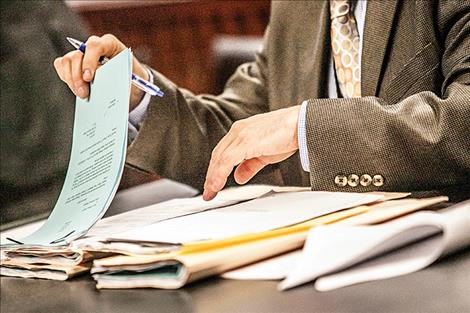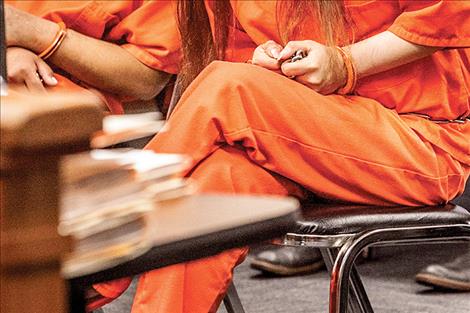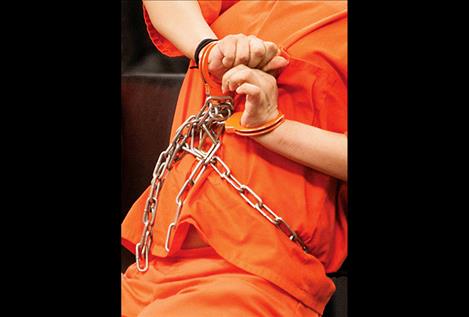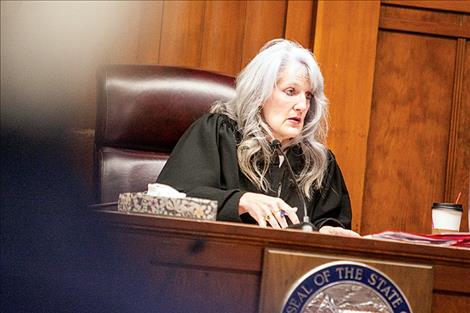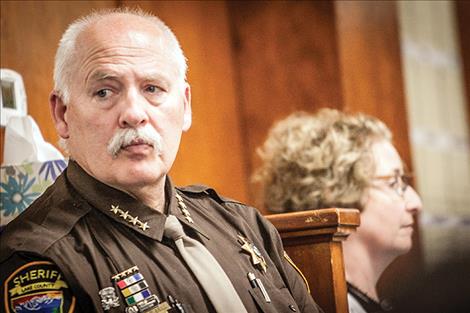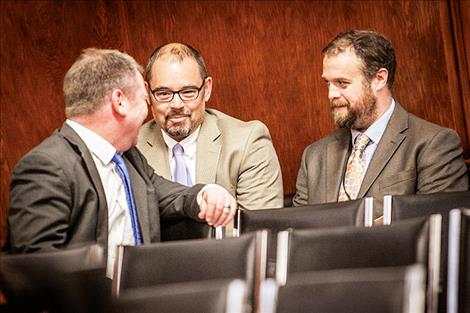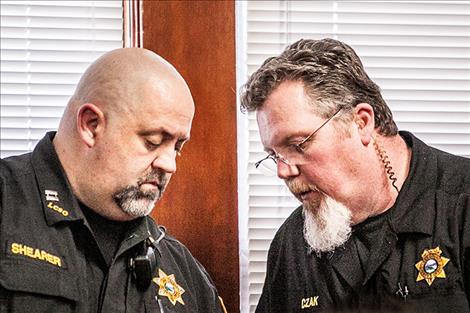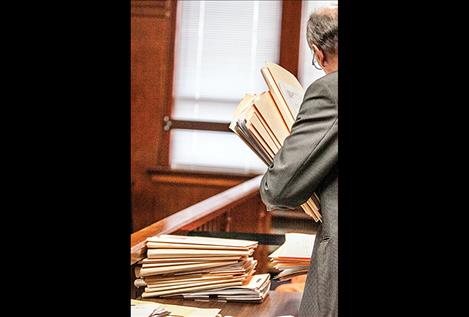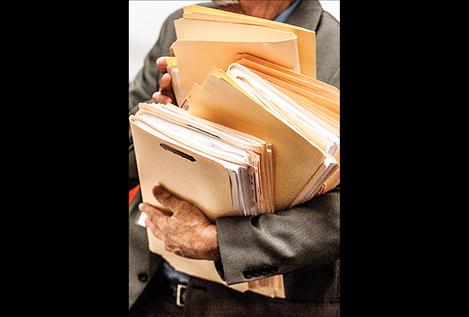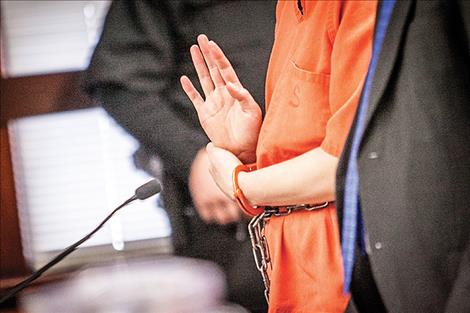Public Law 280 exit revision passes Legislature
Would speed up the process if tribes choose to withdraw
Hey savvy news reader! Thanks for choosing local.
You are now reading
1 of 3 free articles.
POLSON — A bill that would speed up the process if the Confederated Salish and Kootenai Tribes request to withdraw from Public Law 280 has passed both houses of the state Legislature.
SB 310 passed the Senate 35-15 and the House 53-47. It now heads to Gov. Steve Bullock for a signature or veto.
The bill doesn’t provide CSKT with any more rights, according to state Rep. Greg Hertz, R-Polson. If the tribes petition the governor to request removal from the law enforcement agreement, Bullock has six months to issue a proclamation releasing them from the agreement, Hertz said, noting the federal Department of the Interior also has to agree.
Hertz said he prepared an amendment to the bill that would have offered the county the same rights as the tribes, but found out that it didn’t pass legal muster because the county technically isn’t a party to Public Law 280, an agreement between the state, federal and tribal governments.
“The county is not an authorizer of anything with this agreement,” he said.
Lake County commissioners passed a resolution to withdraw participation in the law in January. The resolution was an attempt to get funding from the state, federal or tribal governments due to a tight financial situation.
The county has been prosecuting felony cases of tribal members since the 1960s. However, the county has seen declining revenues over the years due to the tribes putting land in trust, thus removing it from the tax rolls.
According to county commissioner Bill Barron, the county loses approximately $3.5 million a year in property taxes due to land being put into trust by the CSKT or tribal members over the past 20 years or so. It’s become more of a problem over the past 10 years, according to Deputy County Attorney Wally Congdon.
“Our mill would be twice what it is now if it weren’t for the trust,” Barron said last week. “We’re not blaming the tribe. It’s the way Congress set it up.”
Barron said Lake County is working with the other 18 tribal counties in Montana on legislation to remedy the situation. A bill that would provide state reimbursement of property taxes for certain exempt tribal property, HB 615, was introduced by Rep. Greg Hertz, R-Polson, but tabled in the House Taxation Committee on March 29.
Barron said an interim committee will study the issue and a bill may be brought forward in 2019.
In addition, CSKT took over control of the Selis, Ksanka Qlispe (formerly Kerr) Dam in September 2015. This has cost the county some $800,000 a year, according to County Attorney Steve Eschenbacher. In the meantime the number of felony cases keeps rising. There were 182 in 2012 and nearly 500 last year. Earlier this year, Eschenbacher said 83 percent of felony cases in the county involve tribal members.
County Commissioner Gale Decker was not happy with SB 310, having wanted the county to have the same rights as the tribes. The bill, sponsored by Sen. Lea Whitford, D-Cut Bank, “is a way for the tribe and the state to take an action that has a profound effect on Lake County, and the county government has no voice in the decision,” he said.
“We may have to take money from other places to pay these continuing costs,” Decker said, noting the county is just starting to prepare a budget for the next fiscal year.
Commissioner Dave Stipe said he wasn’t completely opposed to SB 310. “I think we’re going to work our way out of it,” he said. However he added that he doesn’t have the answers. He added that law enforcement is an obligation of the federal government that it should be paying for. (On other Indian reservations in the state, the Federal Bureau of Investigation and federal courts handle tribal felony cases.)
Stipe said the way that Public Law 280 has worked up until now is that the tribes could petition to be removed and the Legislature could approve it, a process that could take two years.
According to a CSKT press release dated April 24, the Tribal Council has decided to study the issue for now, but is pleased the bill passed the Legislature.
“The Tribal Council is committed to carefully and deliberately evaluating potential arrangements to reduce the significant burden on our budget and our neighboring local governments,” the release states. “The Council is committed to consulting and working closely with state and local officials throughout the process.”















